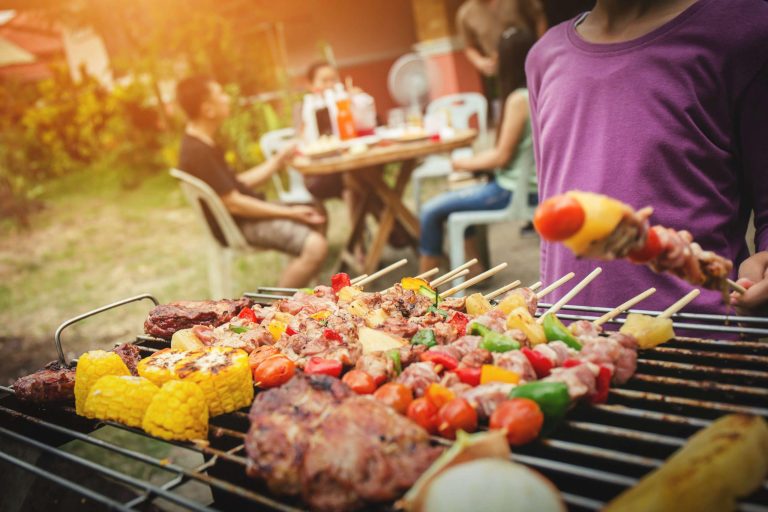Does drinking alcohol cause bruising?
Two of the most common therapies used are cognitive behavioral therapy and motivational interviewing. But there are a variety of other therapies and treatment options available. Because the causes and treatments vary widely for different http://www.seier-immobilien.de/sober-living/alcohol-detox-diet-foods-to-help-detox-from/ types of tremors, it’s important to talk with your doctor about your history and symptoms. This disease, which targets your immune system, brain, nerves, and spinal cord, can also make your hands shake. The most common, like Essential Tremor, happens when you’re already moving.

Q1: Can drinking alcohol cause broken blood vessels?
Let’s talk about anemia and alcohol intake, and how it might affect each of us. Alcohol use can have a significant impact on the skin, exacerbating pre-existing skin conditions and hindering the healing and repair processes. Understanding these effects is crucial for individuals who consume alcohol and are concerned about their skin health. Heavy drinkers are more at risk for nosebleeds due to the high levels of alcohol in their system.
- One of the conditions that may arise due to alcohol-induced liver damage is jaundice.
- Staying hydrated when drinking alcohol might help you avoid unpleasant side effects like bruising.
- It increases the risk of various types of cancer, as well as high blood pressure, heart disease, and stroke.
Can alcohol drinking cause more bruising?
- Alcohol abuse, however, or heavy drinking, can have a number of devastating temporary and permanent effects on the body.
- Alcohol can impair coordination, balance, and judgment, making individuals more prone to accidents and falls that can cause bruises.
- When you get an injury, blood may leak from the vessels (veins and capillaries) under your skin.
- In conclusion, while alcohol itself does not directly cause bruising, it can indirectly contribute to its occurrence.
- To counteract the sedating effects of alcohol, for example, the brain increases the activity of excitatory neurotransmitters, which speed up brain activity.
Excessive alcohol use can lead to the development or aggravation of these skin conditions. Alcohol can have a significant impact on individuals with rosacea, a chronic skin condition that causes redness and pustules, particularly on the face. Alcohol consumption can dilate blood does alcohol make you bruise easier vessels, leading to increased redness and flushing in the skin, which can be particularly problematic for those with rosacea. It’s important for individuals with rosacea to be aware of this trigger and consider limiting or avoiding alcohol to manage their symptoms effectively.
Can alcohol-induced bruising lead to more severe complications?
Alcohol can exacerbate RLS symptoms due to its impact on sleep patterns and its neurological effects, which can interfere with the neurotransmitters involved in muscle and nerve functions. This is primarily due to dehydration caused by alcohol’s diuretic effect, which can lead to muscle cramps and soreness due to reduced fluid available for joint and muscle function. As we Drug rehabilitation can see, the connection between alcohol and muscle pain might seem like a stretch, but it’s very real! Even if we’re wearing slippers and lounging on the couch, a boozy night can end up being a real “pain in the legs,” leaving us with sore muscles after drinking. By considering these factors, individuals can better understand the potential causes of skin reactions after alcohol consumption.